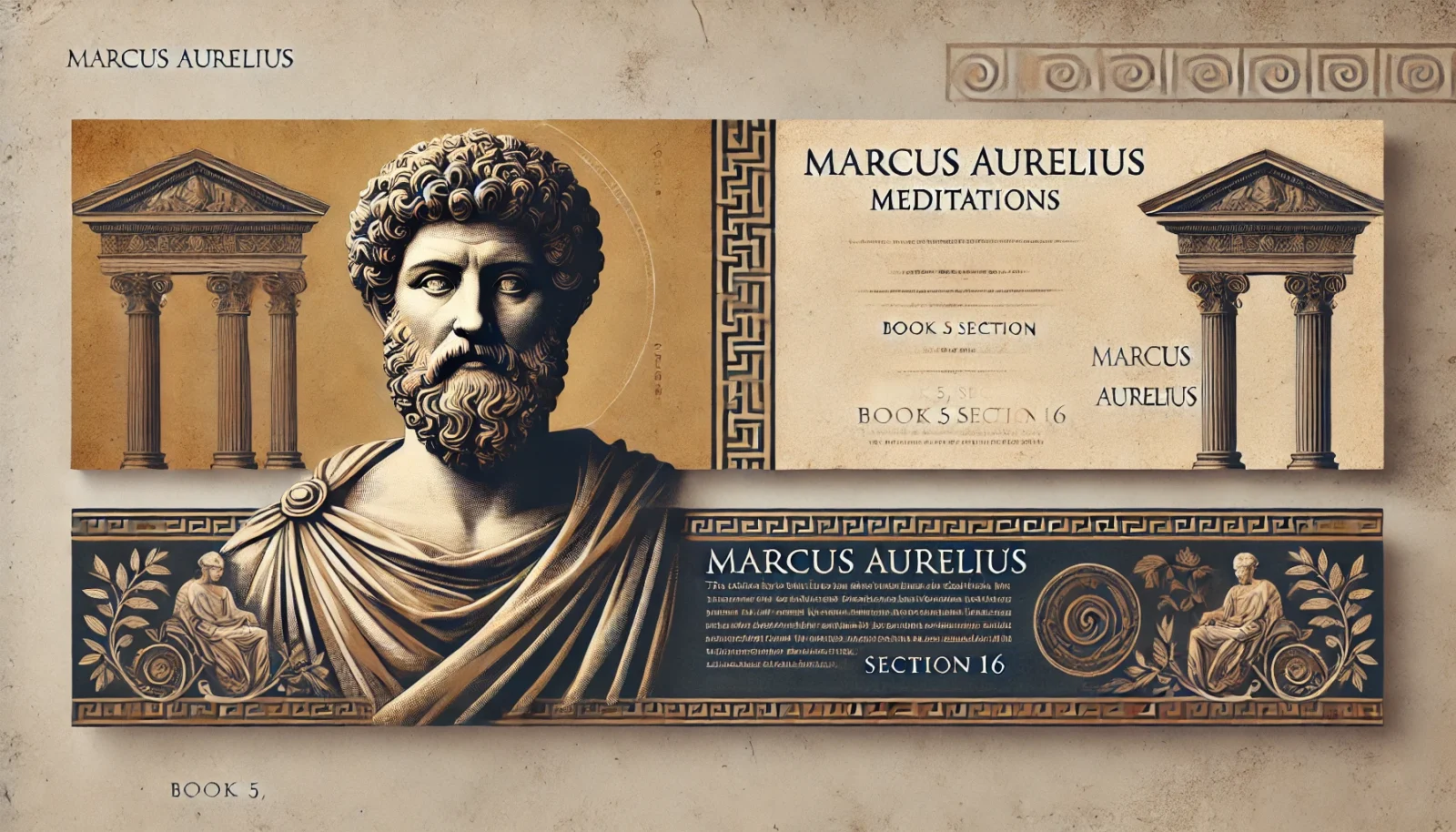Marcus Aurelius, the Roman Emperor and Stoic philosopher, wrote this profound line around 160 CE in his Meditations (Book 5, Section 16). Although he spoke Latin, Marcus chose Greek—the scholarly language of his day—for his private reflections. Today, we often interpret his words to mean that your thoughts shape your mood and character.
In my book 30 Philosophers (Chapter 13), I recount the story of Zeno and Stoicism to illustrate a similar point:
“He realized it was his mind, and only his mind, that put value on the things he just lost. He realized it was his thoughts of the future, and only his thoughts, that colored his soul dark. He realized it was within his power to reshape his thoughts.”

Here’s an academic twist: the common translation uses “soul” for the Greek word ψυχή (psuchē). In Greco-Roman culture, psuche carried a broad, nuanced meaning encompassing life, breath, and the inner self—not the later Christian concept of an immortal, disembodied soul. In contrast, the word νοῦς (noos) was more narrowly linked to rationality, a notion that aligns more with the modern idea of the “mind.” Marcus deliberately chose psuche to evoke the entire inner life, emphasizing that it is our thoughts that color our very being.
This idea lies at the heart of Stoicism: rather than ignoring our feelings, we should understand and reframe them in the context of reality—a sentiment not unlike “fake it until you make it.”








